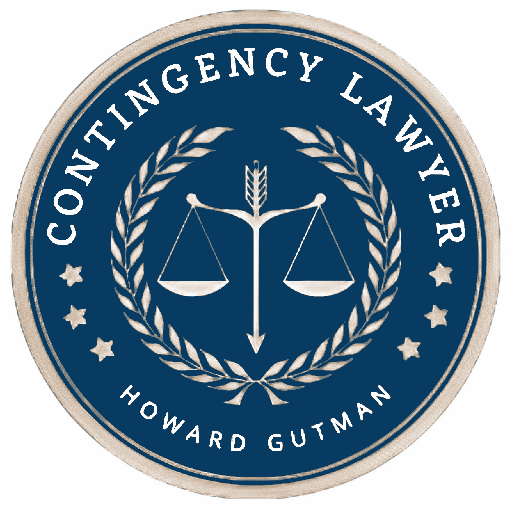Alternative fees can mean a number of things, but generally connotes a legal fee structure without hourly billing. Fixed, contingency, incentive fees are examples of alternate fee structures. Let’s review some of the benefits and challenges.
1. Risk
In a standard hourly fee, the client bear the risk. The arrangement typically provides the client pays fees even if he loses, and the client bears the risk of mistakenly favorable assessments, adverse credibility determinations, new unfavorable documents or information, and prolonged litigation. Without financial consequences if he loses, the attorney can be optimistic and empathetic. Visiting the risk upon the lawyer, the alternate fee structure compels a sober and even-handed assessment. A $5,000 flat fee for a case that will settle in 2 months sounds attractive until one finds that the cases last 2 years and requires multiple court appearance and is scheduled for trial.
The lawyer cannot eliminate risk (as the hourly fee almost does) but he can try to control it. We undertake a fairly detailed review on alternative fee cases and generally want to see documentation confirming what the client has told us.
2. Mission Creep
How much will be required and how can the commitment be estimated. A contractor provides he will perform specific tasks whose costs can be estimated, in a home improvement, and the lawyer will try to get some sense of the scope of work required. In a litigated case, depositions may be discussed. One deposition could require 8-10 hours of preparation, at rates of 225-300, the deposition itself taking a full day, and a transcript which may cost 600-900. In hourly representation, ongoing costs may compel a certain reasonableness and shift the concerns to the lawyer – will all this work truly benefit the case, and is it worth the cost. In alternate fee cases, a basic question is how can time be accurately assessed.
3. Our policies
We welcome discussion of alternate fees, but also tell our clients to expect tough questions.






Leave a Reply
You must be logged in to post a comment.